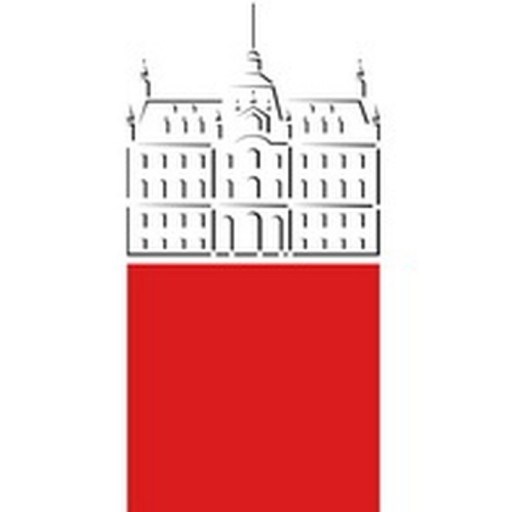The aim of the programme is to help you deepen your knowledge and gain understanding of global politics. The programme also seeks to provide the necessary skills to be able to actively engage in academic and professional discussions about international relations. The study programme offers a critical analysis of the contemporary international community in an interdisciplinary manner, by combining international politics, international law and international economics.
General competences
By the end of the programme students will become competent experts of international relations, capable of pursuing an academic or a practitioner career. They will develop a critical understanding of the contemporary international community in its developmental and structural dimensions, of the functioning of international institutions, and the ability of independent and analytical thinking about various contemporary and relevant issues as they appear at different levels of governance in the international community.
Skills
Independent and informed thinking, the ability to engage in and provide analyses of issues and trends in the international community.. After the graduation, the students will boast with many other relevant skills: as their improved fluency in world languages, understanding of decision-making processes, as well as leadership, organisational skills, and communication skills.
Employment
Graduates in international relations can choose from a wide variety of employment opportunities, often moving from one type of career to another, from government to business, from public to private, or from governmental to non-governmental sector, for example. The most common careers in international relations are in international governmental organisations such as the United Nations and other similar institutions, in diplomacy, EU institutions, international NGOs, and in the private sector, working for multinational corporations; and in research institutions, in higher education or in international think tanks.
Courses
1 Research Seminar in International Relations = 6
2 Selected Issues in International Law = 6
3 Global Governance = 6
4 Elective course = 6
5 Elective course = 6
6. Elective course = 6
+ Master thesis = 24
TOTAL 60 ETCS = Master of International Relation
All courses need to be successfully completed, and a Master thesis of approximately 60 pages or 15,00020,000 words written and publicly defended.
Elective courses: History of International Relations, Global Development Problems, International Conflict Management (with a field trip), Third Foreign Language (French or other world lang., subject to sufficient interest).
Lecturers
Faculty & Visiting Professors
Dr. Maja Bucar, Dr. Bojko Bucar, Dr. Milan Brglez, Dr. Petra Roter, Dr. Marjan Svetlicic, Dr. Zlatko abic, Mojca Jarc, MA.
Dr. Thomas Biersteker, Curt Gasteyger Professor of International Security at the Graduate Institute of International and Development Studies, Geneva, Switzerland; adviser on targeted sanctions to the United Nations Secretariat and the governments of Switzerland, Sweden and Germany.
Dr. Annette Freyberg Inan, Professor of International Relations at the Technical University Darmstadt, Germany, and the Amsterdam Institute for Social Science Research, NL; vice-president of the International Studies Association.
Dr. Simon Lightfoot, Senior Lecturer in European Politics at the University of Leeds, Leeds, UK;co-organiser of the EADI Working Group Development Aid of the Non-DAC Donors.
Dr. Francesco Palermo, Professor of Law at the University of Verona, Verona, Italy; vice-president of the Advisory Committee of the Council of Europes Framework Convention for the Protection of National Minorities; former senior legal advisor to the OSCE High Commissioner on National Minorities.
Dr. Simona Elena Rentea, Associate Professor, Saint Louis University, Madrid, Spain.
Dr. Andreja Zevnik, Lecturer in International Politics, University of Manchester, Manchester, UK.
Accreditation
National Agency of Republic of Slovenia for Quality in Higher Education.






